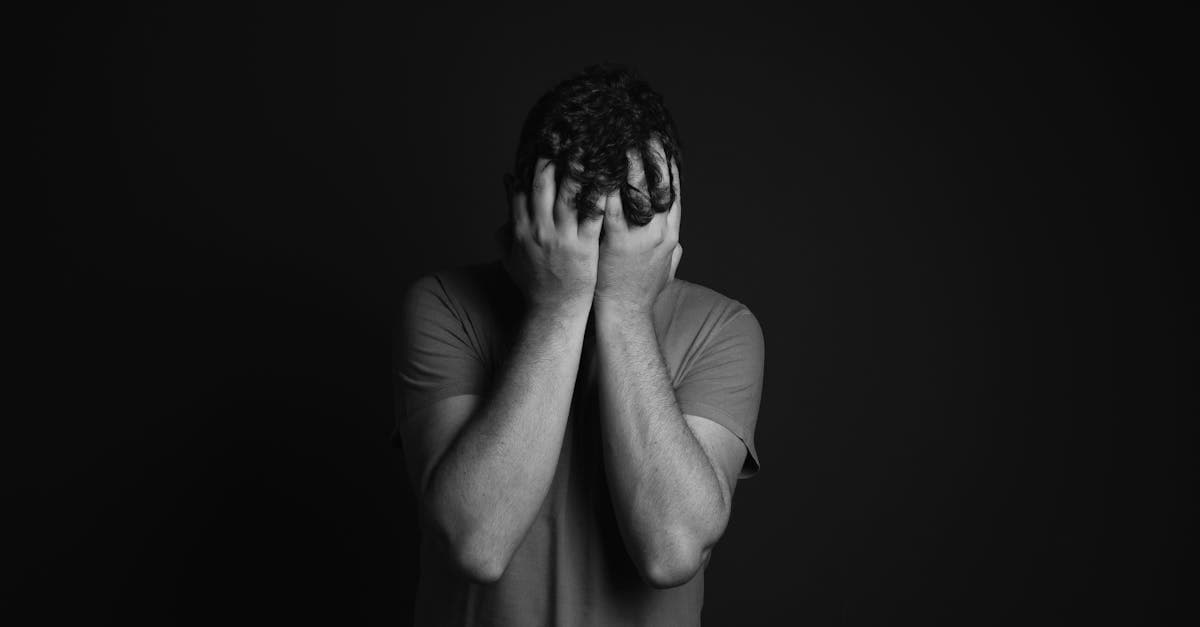Published on:
5 min read
Justice for All: Navigating the Complexities of Criminal Law
The realm of criminal law is intricate, often leaving individuals bewildered and seeking clarity. This blog post explores the multifaceted nature of criminal law, the importance of understanding one's rights, and the quest for justice in an imperfect system.

Understanding Criminal Law
Criminal law serves as the backbone of societal order, delineating acceptable conduct and delineating punishments for violations. It encompasses a range of offenses, from minor misdemeanors to grave felonies. Each category carries distinct processes and implications, which can vary significantly from one jurisdiction to another. For those who find themselves embroiled in the legal system, understanding the fundamental aspects of criminal law becomes essential. Knowledge of the law and one’s rights can significantly affect the outcome of a case and ultimately, an individual's future. This foundational knowledge can empower individuals to advocate for themselves and seek appropriate legal recourse.
The Role of Defense Attorneys
Defense attorneys play a pivotal role in the criminal justice system, acting as advocates for those accused of crimes. They are responsible for ensuring that their clients receive a fair trial and that their legal rights are upheld throughout the judicial process. This includes everything from collecting evidence and interviewing witnesses to negotiating plea deals and representing clients in court. The relationship between a defendant and their attorney is crucial; trust and open communication can significantly impact the defense strategy. A skilled defense attorney can navigate the complexities of the legal system, potentially mitigating charges or achieving more favorable outcomes for their clients, underscoring the importance of legal representation in seeking justice.
The Quest for Justice
The quest for justice can be fraught with challenges, particularly given the complexities of the criminal law system. Victims and defendants alike may feel lost amid procedural jargon and courtroom dynamics. Furthermore, systemic issues such as racial bias and inequality can further complicate the pursuit of true justice. Activists and reform advocates work tirelessly to bring about change, focusing on accountability and transparency within the justice system. Community awareness and education about one’s rights can empower individuals and compel authorities to operate fairly. As society gradually edges towards a more just system, the collective effort of informed citizens is vital in ensuring that justice is not just an ideal, but a reality for all.
Conclusion
Navigating criminal law is undoubtedly a challenging endeavor, but understanding its complexities is essential for achieving justice. Educating oneself about legal rights and the role of defense is crucial for both defendants and victims. As society fosters discussions around reform and equity, it is imperative to remember that justice truly is a collective responsibility.
Published on .
Share now!

